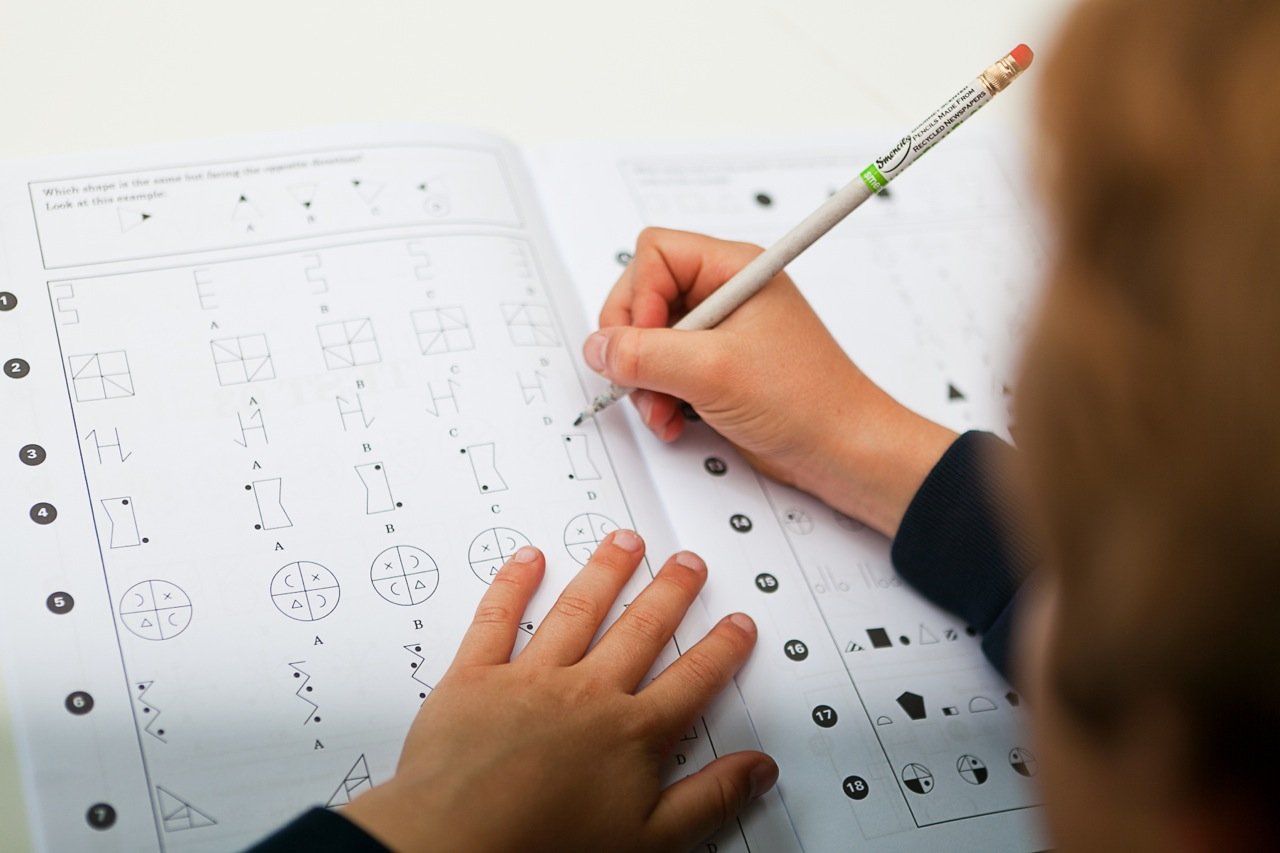Your Child's Mental Health | Mental Health Week 2020
As parents, regular check-ups to receive immunisations, constant encouragement to eat healthy and read books is part of the parenting manual. But, how often do you think about taking care of your child’s mental health? Mental health is just as important as physical health for your children, particularly when it comes to social behavior and academics.
You can promote good mental health by the things you say and do, through the environment you create at home, learning about the early signs of mental health problems, and knowing where to go for help.
Recent statistics show that 1 in 5 young people in the UK aged 16-24 experience anxiety or depression. While many parents might be aware that their child is suffering, they might not know how to help. According to Dr. Hayley van Zwanenberg, these are some everyday things you can do to help your kids with their mental health:
Encouraging conversation by saying ‘it’s normal to feel sad sometimes’ or ‘let’s talk about how you feel’ help your child understand their emotions. These small acts indicate to your children that it’s normal and okay to feel what their feeling and that you can change your emotions by your actions.
At the same time, it’s important to listen. Put your phone down, make eye contact, and just focus on them. A calm reaction and intent listening can validate how a person feels. A child’s relationship with a parent plays a large role in a child’s mental health, and trust is the foundational factor. Empty threats, broken promises and inconsistent care can make it difficult for your child to trust you.
While it’s important to protect your child from traumatic incidents, it’s difficult to prevent your child from experiencing stress as stress is a part of life. What you can do, is teach your child healthy ways to cope and manage stress by proactively identifying specific things your child can do to keep their stress levels in check such as writing, breathing exercises, socializing with friends, running, etc. A healthy diet and a good night’s sleep aren’t just beneficial for physical health, they’re equally beneficial for mental health as well.
Providing genuine, realistic praise of efforts rather than exaggerated compliments can help develop a healthy self-esteem as well as providing opportunities for independence and helping your child develop healthy self-talk can help your kid figure out who they are and their strengths. It’s crucial to understand the line where normal struggles turn into reason for concern.
Social problems, academic issues and family troubles are red flags. Being proactive and understanding when to seek professional help can be the key to treating problems as effectively as possible. Here are some organisations to reach out to:
Another integral aspect to consider is looking after yourself. It’s important for parents to keep themselves informed about mental health, and if they face any difficulties themselves, they should prioritise seeking help for themselves. Looking after your child also means looking after yourself.
We’ve also created a study group on Facebook to learn together, answer questions as well as to conduct live sessions with various innovative and creative individuals from all walks of life, get a sneak peek into their lives and what drives them!
For other blogs on the body and mind, check out:
How to keep moving: body and mind











Do you struggle with time management, often thinking to yourself that there just aren’t enough hours in the day?
Thankfully, technology is here to save the day, as there are numerous apps you can download to increase your productivity, check things off your to-do list, and generally be more organized and efficient.